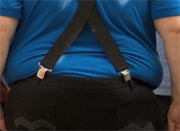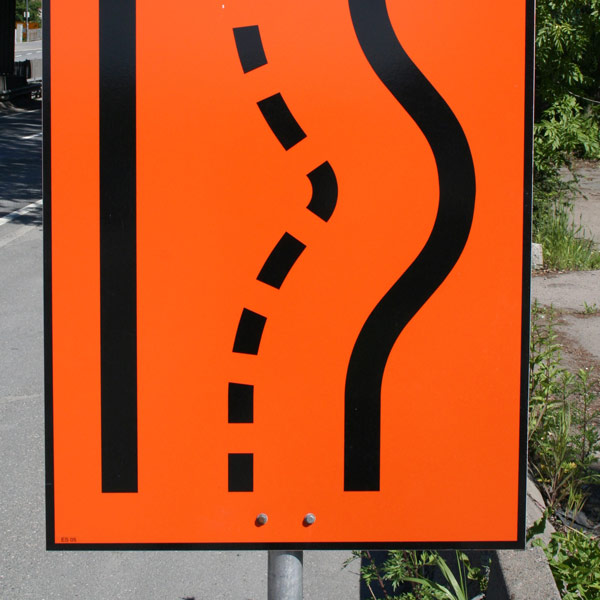
TUESDAY, Sept. 2, 2014 (HealthDay News) — When it comes to excess pounds and blood pressure, all fat may not be created equal, a new study finds.
The research found that belly fat — the proverbial “spare tire” — boosts a person’s odds for high blood pressure more than overall body fat.
It’s well known that obesity raises the risk of high blood pressure. But it wasn’t clear how the location of fat in the body affects that risk, according to researchers at University of Texas Southwestern Medical Center in Dallas.
Reporting Sept. 1 in the Journal of the American College of Cardiology, the researchers tracked more than 900 people for an average of seven years. The study participants were checked for fat located deep in the abdomen between the organs (so-called “visceral fat”), fat located all over the body, and fat located on the lower body.
“Generally speaking, visceral fat stores correlate with the ‘apple shape’ as opposed to the ‘pear shape,’ so having centrally located fat when you look in the mirror tends to correlate with higher levels of fat inside the abdomen,” study senior author Dr. Aslan Turer, a cardiologist at the medical center, explained in a journal news release.
One in every four of the study participants developed high blood pressure by the end of the follow-up period. After factoring in where fat was located in the body, the researchers found that only the abdominal fat was independently associated with high blood pressure. This link was present regardless of age, gender or race, the researchers noted.
The strongest connection between abdominal fat and high blood pressure was seen with fat located around the kidneys, which suggests “that the effects from fat around the kidneys are influencing the development of hypertension [high blood pressure],” Turer said.
This is a new finding that “could open new avenues for the prevention and management of hypertension,” he added.
More information
Find out more about high blood pressure at the American Heart Association.
Copyright © 2025 HealthDay. All rights reserved.

